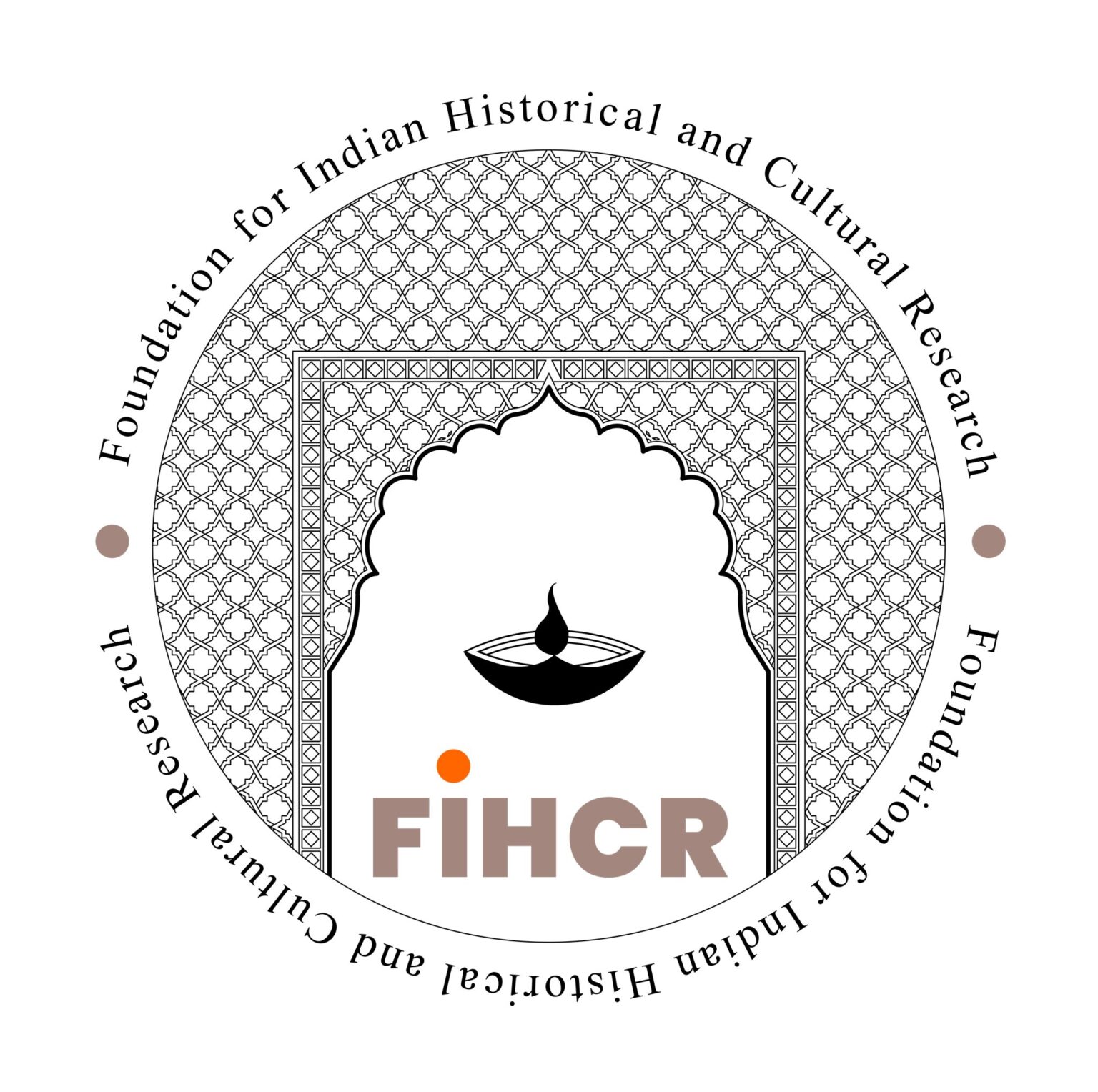Recently, Vikram Sampath has announced a new History collective, called Foundation for Indian Historical and Cultural Research, or FIHCR for short. This fellowship is for those who are inclined towards history. It particularly caters to those Indians who want to tell the history of Bharat from a decolonial and Indic lens.
The fellowship is named after Sir Jadunath Sarkar. Sir Jadunath Sarkar was a historian during the pre-independence era. His works focused on telling the truth about the Mughal history of our civilization. This fellowship is named after him.
The fellowship will be handed to 5 fellows, who will get a ₹15 Lakh stipend. This will lead to a complete manuscript being released on the topic or topics of choosing of the Fellows.
Table of Contents
Who is Vikram Sampath?
Vikram Sampath is an accomplished author and historian. He completed his engineering and went on to pursue banking as a career. Unable to put his interest in history to rest, he spent much of his free time researching history such as the Wadiyar kingdom. He spent his childhood hearing stories about the Wadiyar kings, and was disappointed by the conservative left-wing dispensation’s representation of the Kingdom and its rulers. He wrote a book on the Wadiyar kingdom in 2008, detailing their life from the establishment of their empire to the military coup by Haidar Ali, to the failure of the empire by Tipu Sultan and the eventual princely state formed under the British, down to post-independence.
During his research, he also came across rusty vinyls of Gauhar Jaan, a court singer who was a sensation of her times. He wrote a biography of Gauhar Jaan in 2012, and during his research he came across a plethora of music that was wasting away in raddi houses and landfills. His interest in music led him to founding the Archive of Indian Music as well. He currently wants to revive the musical instruments of the North East as well. You can watch his discussion on music on Dostcast here.
Vikram Sampath found new fame with his release of the Savarkar biography. While his attempt to write a biography of Savarkar came from a place of neutrality, and he delves into some of the most controversial talking points used to discredit Savarkar (much like how most anti-Gandhi literature sees Gandhi as nothing more than a pedophile, or anti-Nehru literature sees Nehru as nothing more than a British stooge) without any preconceived notions, his manuscript caught the ire of the conservative INC dispensation who does not like the political hegemony of the founders of this country to be challenged.
Vinayak Damodar Savarkar’s biography brought new aspects of Savarkar’s life to the forefront, including many works of his that erstwhile were not even translated out of Marathi. The learning of Marathi language, a language native to Shri Vikram Sampath (that and Kannada), brought new light to the character of Savarkar.
After this, Shri Vikram Sampath has gone on to write “Bravehearts of Bharat” on the Medieval history of Bharat, bringing the narrative away from Delhi and to the regional histories; and he also wrote the book “Waiting for Shiva” about the Gyanvapi Temple.
Other achievements of FIHCR
In light of this decolonial perspective of history that Vikram Sampath brings, Aabhas Maldihar, another author, recently wrote about Babar. In the same spirit, he learnt Persian to translate much of the works around Babar, and he also wrote a biography of Babur, focusing on Babar’s entire life instead of only cherry picking the history of Babar from a north Indian perspective. Aabhas is the Senior Project Coordinator for FIHCR.
Conclusion
History students, and students of arts, must be very excited for this new step in the arts. As there is a renewed interest in history, free from the colonial biases, people are setting up institutions where similarly minded people can come together and leapfrog the output of decolonial art.
This comes at a time of renewed enthusiasm of decolonial literature globally, whether it is Native American stories of their equivalent of love jihad, or a renewed interest in pre-Christian religions of Europe, or Asian religions like Shenism, Shintoism, Tengri’ism, Cao Dai, or others, or even African retrofuturism, it is a good time to be Animist. And as global warming reaches new heights which are lethal, nature worship as a means to orient people towards nature preservation becomes even more important.
It is a good time to decolonize!

1 Comment
Pingback: Archana Makwana on Yoga Day: SGPC calls Hinduism "awakening horoscope and torturous physical exercise", controversial history of Yoga and Sikhi Panth over 524 years - INPAC Times